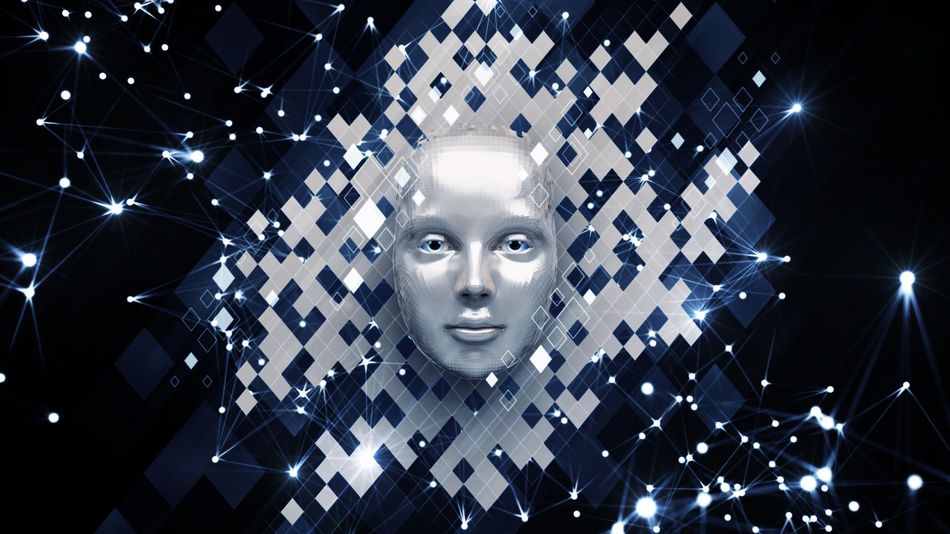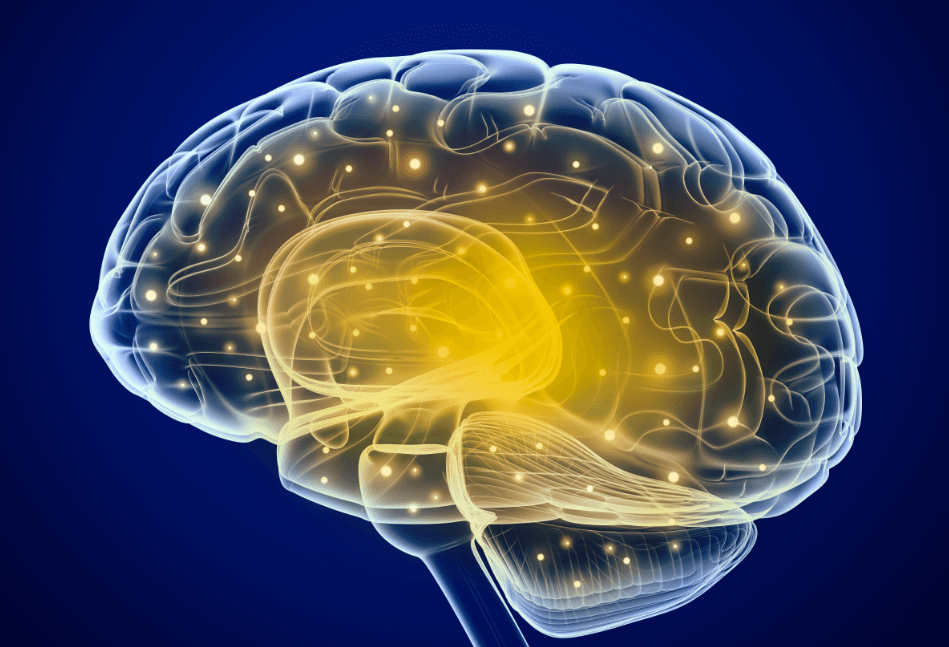Ever noticed how DeepMind or Watson challenge and surpass human understanding? Well, these seemingly intelligent engines are not as intelligent as they appear. See, they were developed for specificities and cannot figure out anything outside of what they are programmed for.
Yes, these machines are smart, and yet they fail simple tasks that humans excel at on a daily basis. The truth is that these Al technologies are unable to master any of their challenges without human-provided context. It is misleading and super counterproductive to label today’s Al as ‘intelligent,’ and fit to bring societally and business solutions.
The human-provided context referred to include the terabytes of trivia and natural language samples that DeepMind and Watson were fed over the years during production. For example, x.ai the simplistic application for meeting scheduling, took years learning context surrounding meeting schedule.
Currently, all evidence points that Al is not intelligent as the ordinary citizen has been made to believe. It all depends on the content that humans feed the machines. The industry is continually expanding and conducting experiments involving complex neural networks, machine learning systems, and advanced question-answer engines. Realistically, the technologies in space are the current drivers of meaningful innovation. The existing expectations surrounding Al technology are too high; it is about term people realized that artificial intelligence ‘is not all that.’
More News To Read
- The Starbucks App Just Got Even Cooler With Artificial Intelligent
- Inside the Parkes Radio Telescope, That Brings Historical Moments From Space
- Broke Your iPhone 7 Screen? Here is What to Do
- Active Pixel Sensors: The New Digital Age of Dental Imagery
- Injecting Hydrogen into Existing Gas Pipelines Could Solve Renewable Energy’s Biggest Problem











